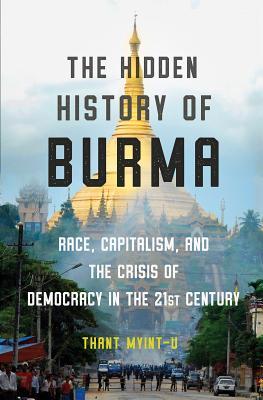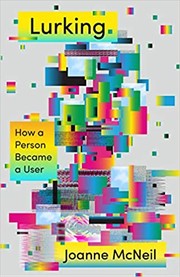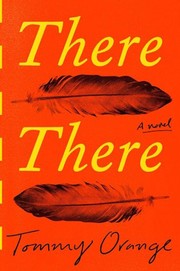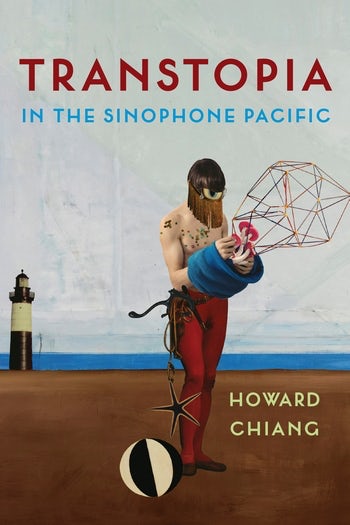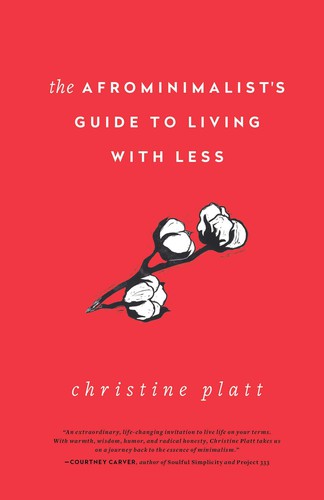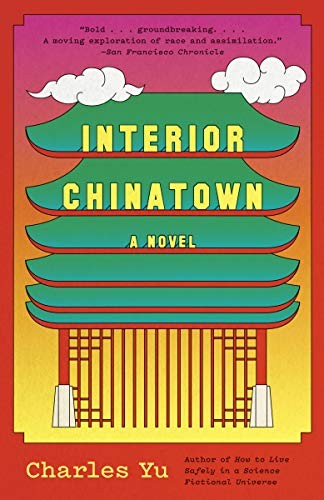BURMA OR MYANMAR? Around a millennium ago, the word “Myanma” first appeared in inscriptions, apparently describing a people living in the valley of the Irrawaddy River and their language. Over the centuries, kings began referring to themselves as Myanma kings, and their kingdom as the Myanma pyi (the Myanma country) or Myanma naing-ngan (the Myanma conquered lands). By the 17th century, the word was colloquially pronounced “Bama.” Both “Myanma” and “Bama” are adjectives.
Around the same time, the first Europeans arrived, and called the country some variant of “Burma”: it was “Birmania” to the Portuguese, “Birmanie” to the French. These names are almost certainly derived from “Bama.” Under British rule, “Burma” was the country’s official English name. The name in Burmese remained Myanma pyi.
None of this caused much of a fuss until 1989, when the ruling army junta officially changed the name of the country in English to Myanmar (the final “r” was meant to lengthen the vowel, as it would when spoken in the southeast of England, and not be pronounced). The justification offered was that the name “Myanmar” incorporated all the country’s indigenous peoples. This was untrue. Few minorities, if any, would claim that the word historically applied to them. The real reason for the change was that the government of the time was moving in a nativist direction and looking for easy wins to burnish its ethno-nationalist credentials. An equivalent would be Germany insisting on being called “Deutschland” in English, or the Italians insisting on “Italia.” Many in the West continued to use “Burma,” either out of habit or to show disdain toward the junta dictatorship.
I use “Burma” throughout this book out of habit, because as a Burmese speaker it’s awkward to refer to the country using an adjective, because I think “Burma” sounds far better in English, and because of the nativist underpinnings of the name change.
I use “Burmese” to refer either to the ethnic majority people, who speak the Burmese language and are overwhelmingly Buddhist, or to the state. There is no satisfactory term, at least not yet, for referring to all the peoples of the country.
"A note on Burmese Names" People always ask me this question. I think it's fantastic within the first few moments he explains the context concisely. It's complicated.

